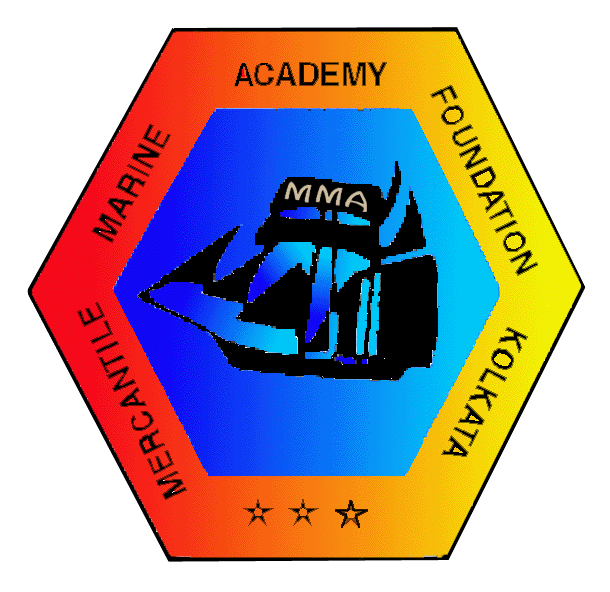Advance Training For Oil Tanker Cargo Operations Course is offered by Mercantile Marine Academy. Introduced in 1978, STCW tries to fulfil the gap between the training programs of seafarers from different countries.

Advance Training For Oil Tanker Cargo Operations Course is offered by Mercantile Marine Academy (MMA). Introduced in 1978, STCW tries to fulfil the gap between the training programs of seafarers from different countries. The latest STCW Convention Under Manila Amendments is a giant step towards achieving that objective.
Till date the academy has issued lakhs of certificates in different courses, speaking volumes of its dedication and effort as well as the trust it has earned from the Administration, Industry and the Seafarers themselves.
Mercantile Marine Academy established in 1998, MMA (as the academy known worldwide) is currently conducting Twenty Two courses under Certification and Watchkeeping for Seafarers (STCW) – all with approval from DGS.
Till date the academy has issued lakhs of certificates in different courses, speaking volumes of its dedication and effort as well as the trust it has earned from the Administration, Industry and the Seafarers themselves.
The Board of Trustees of MMA comprises of Senior Marine Engineers and Master Mariners with years of sailing as well as teaching experience, all of them fully committed to quality and excellence in maritime training.
The faculty consists of senior Chief Engineers, Master Mariners and Instructors who are well-experienced in the field of training and have done an excellent job of training thousands of seafarers.
The main purpose of the International Convention on Standards of Training, Certification and Watchkeeping for Seafarers (STCW) is to promote the safety of life and property at sea and the protection of the marine environment by establishing a common agreement of international standards of training, certification and watchkeeping for seafarers.
Introduced in 1978, STCW tries to fulfil the gap between the training programs of seafarers from different countries. The latest STCW Convention Under Manila Amendments is a giant step towards achieving that objective.
STCW Training Programs Are Mainly Divided Into Three Groups:
Basic courses - for beginners.
Advanced courses - for senior (Management) level officers.
Refresher courses are for the enhancement of the knowledge and skills of existing seafarers.
© 2025 coursetakers.com All Rights Reserved. Terms and Conditions of use | Privacy Policy